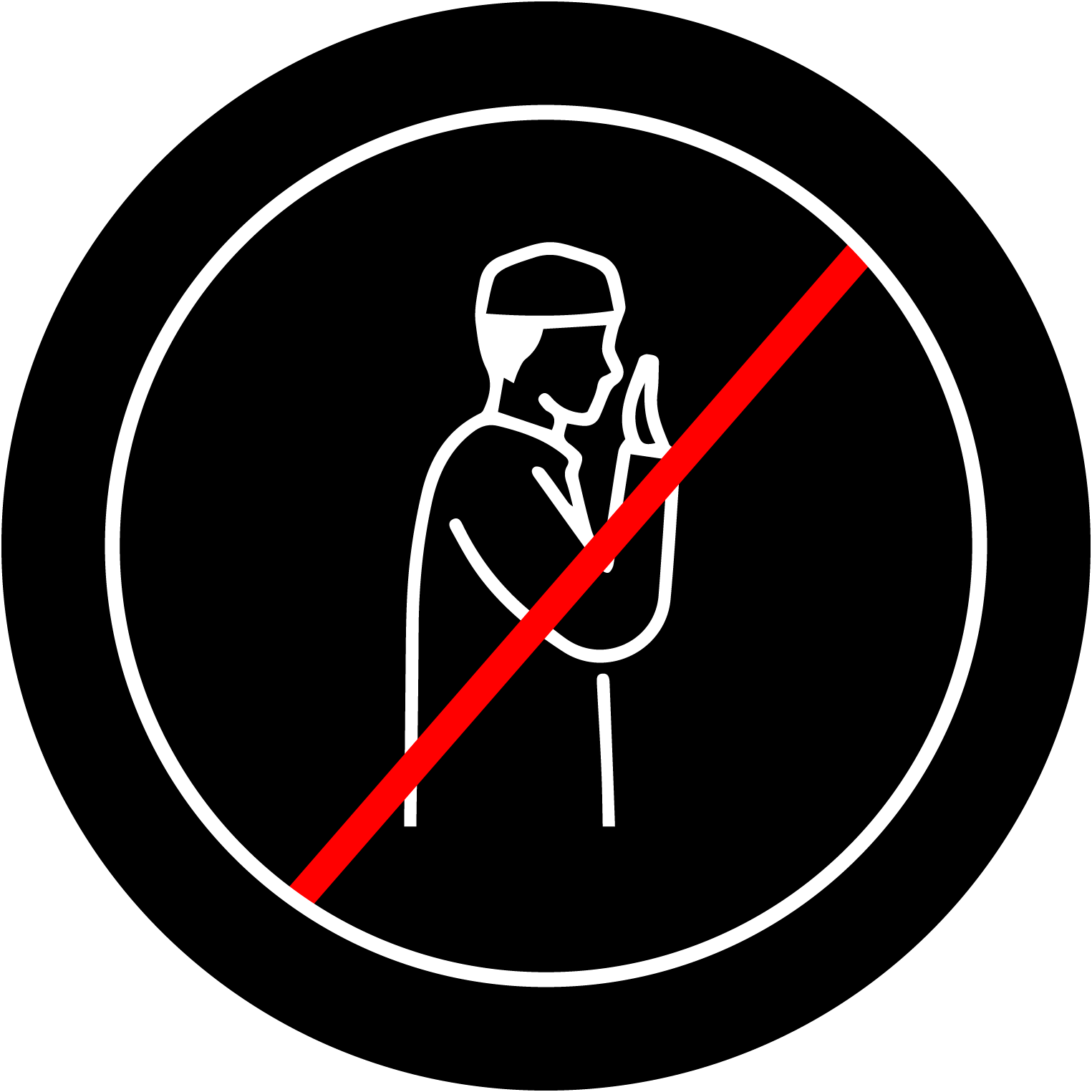Solat. | Recitations. | Supplications. | Sunnah.
HOW TO PRAY IN ISLAM
Discover a step-by-step guide to performing daily obligatory prayers in Islam. Featuring step-by-step tutorials on Wudhu and Solat, Perfect for beginners or as a quick refresher.
At the heart of a Muslim's devotion, following the Shahadah, stands Solat — a practice that connects us intimately to our faith. Here, you'll find a clear, step-by-step journey to mastering your prayers, in line with the Sunnah of the Prophet Muhammad (ﷺ), who said, "Pray as you have seen me pray."
In the beautiful diversity of Islam, different schools of thought provide their own approaches to Solat, all based on scholarly understanding. This variety shows the depth and flexibility of how we practice our faith. As you explore further in your Islamic learning journey, you may notice subtle differences, like when to raise the index finger during Tashahud, reflecting these honored perspectives. Yet, the heart of Solat — its pillars and conditions — remains unchanged.
This video guide series carefully follows the Sunnah of prayer, based on authentic hadiths. It offers a simple guide through the details of prayer and highlights 12 key points to remember for a confident and peaceful Solat.
Join us in embracing the calm and focus that comes with prayer, guided by the Prophet’s (ﷺ) enduring example. Let’s embark on this path together, enriching our Solat and nurturing our spiritual growth.
performing ablution
A-MUST BEFORE PERFORMING YOUR SOLAT
Discover the in-depth procedure of ablution, also known as Wudhu, in this detailed guide. Whether you're learning about ablution for the first time or need a refresher, this video provides clear steps and practices, ensuring you perform it correctly. Dive into the meaning, significance, and the ritualistic steps associated with this ancient practice.
THE MOVEMENT IN SOLAT
A Step by Step Guide Learning the Movements in Islamic Prayer
FAJR PRAYER
2 RAK'AH PRAYER
(1) The Du'a Qunut is recited in the second rak'ah of the Fajr prayer after rising from ruku' (itidal) and before sujood, a practice mainly observed by those following the Shafi'i school of thought, for example in Malaysia. Please note that reciting the Du'a Qunut is not obligatory.
(2) The 2 rak'ah prayer demonstrated in the Fajr prayer is consistent with other 2 rak'ah prayers, such as Sunnah prayers, Solat Ad-Duha, Solat al-Tahajjud, Tahiyyat al-wudu, Tahiyyat al-masjid, and Rawatib prayers.
DHUHR, ASR & ISHA PRAYER
4 RAK'AH PRAYER
MAGHRIB PRAYER
3 RAK'AH PRAYER
Recitation Of Surah Al-Fatihah in Congregation
HOW SHOULD YOU DO IT?
When praying in congregation, during the first and second rak'ahs, it is to remain silent while the Imam recites Al-Fatihah. This is in accordance with Allah SW.T.’s command in the Qur'an:
“So when the Qur’ān is recited, then listen to it and pay attention that you may receive mercy.” (Surah Al-A’raf, 7:204)
After reciting Al-Fatihah, the Imam typically pauses briefly before starting another surah, providing a moment for individual recitation.
The recitation of al-Fatihah is mandatory, as Prophet Muhammad (ﷺ) emphasized, "There is no prayer for the one who does not recite Al-Fatihah." (Narrated by Al-Bukhari [756] and Muslim [900])
Additionally, a hadith from Abu Hurairah R.A states: "He who performed a prayer and did not recite the opening chapter of Al-Kitab, his prayer is incomplete," repeating this thrice. (Muslim [907])
Imam Nawawi Rahimahullah further mentioned,, "The majority in the Muslim community consider it obligatory to recite Al-Fatihah behind the Imam, in both quiet (Sirr) and loud (Jahr) prayers." (Al-Majmu’ Sharh al-Muhazzab, 3/365)
However, the view (for ma’mum) to recite al-Fatihah during the first and second raka’ah vary. According to an excerpt from the 'al-Mausu`ah al-Fiqhiyyah al-Kuwaitiyyah' regarding the recitation of Surah Al-Fatihah by the followers behind the Imam:
“The fuqaha’ have differing opinions about reciting (Al-Fatihah) behind the Imam. The Maliki and Hanbali schools of thought do not deem it necessary for the follower to recite (Al-Fatihah) in both loud (jahriyyah) and quiet (sirriyyah) prayers, based on the Prophet Muhammad’s (ﷺ) saying from Jabir bin Abdullah R.A: ‘Whoever has an imam, the recitation of the imam is recitation for him.’” (Narrated by Imam Malik in Al-Muwatta’ [117] and Ahmad in his Musnad [14643])
Following this, reciting Al-Fatihah quietly and silently during the third and fourth rak'ahs is mandatory.
Please note that the recitations like “Allahu-Akbar” during Takbiratul Ihram, takbir, and other invocations in sujood, iftirash, tawarruk, and giving salam are obligatory, except for recitation in qod’dah, which is not obligatory.
AVOID THESE DURING YOUR SOLAT

Prohibited Times

BREAK WUDU

IMPURE CONTACT

ABANDONING INTENTION

UNCOVERING 'AWRAH

PASSING INTERRUPTION

DID NOT Perform Ghusl

IGNORING QIBLA

SPEAKING & LAUGHING

MISSING ESSENTIALS

PILLAR ERRORS

EATING/DRINKING
Downloadable E-Books
CONCLUSION
This video guide series equips you with the knowledge and practice needed to perform your daily obligatory prayers in Islam confidently and in accordance with the Sunnah. As you embark on this journey of spiritual growth and connection with Allah SWT, remember that the beauty of Islam lies in its diversity and adaptability.
While differences may exist in how prayers are performed across various schools of thought, the core essence of Solat remains unwavering.
Islam as a faith is deeply rooted in a structured system of knowledge and methodology, guided by the Holy Qur'an and Hadiths. Its practice and study are not based on personal emotions or unfounded views but are grounded in these reliable sources.
In religious analysis and commentary, it is crucial for everyone to always verify that the information aligns with these primary references; the Qur'an and the Hadith and the opinions of scholars. This ensures the accuracy and respect of the teachings. Therefore, in all aspects of a Muslim's life, especially in worship (Ibadah), we always use the most authentic Hadiths (Sahih Hadith) as a reference and consider the interpretations of scholars.
This course is based on the teachings and authentic Hadiths of Prophet Muhammad (ﷺ), aiming to fully prepare you to fulfill the fundamental duties of a believer, a practicing Muslim. As you delve deeper into the understanding of Islamic doctrines, may your Solat be a source of serenity and a means to strengthen your connection with Allah S.W.T.. Insha'Allah.
Pages
-
Home
-
Courses
-
About Us
-
Corporate
-
New Muslim Guide
-
Mandarin Chinese Series
-
Dawah Blog
-
Announcement
-
Contact Us
Policy Pages
Encountering Technical Hiccups?
Our digital mechanics are fine-tuning some gears on our platform, and you might navigate through a few bumps on this page particularly involving:.
🎵 Challenges with audio playback or visibility



